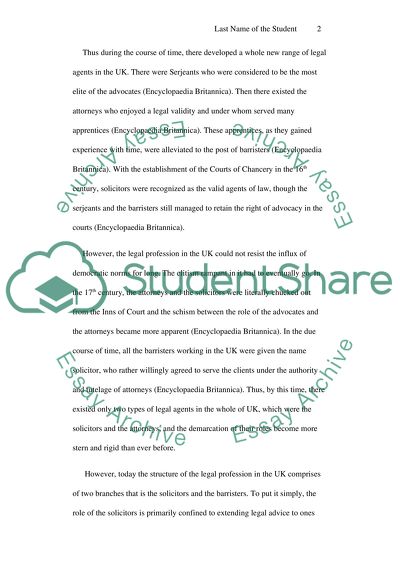Cite this document
(“The Legal Profession in the United Kingdom Essay”, n.d.)
The Legal Profession in the United Kingdom Essay. Retrieved from https://studentshare.org/law/1504741-the-legal-profession-in-the-united-kingdom
The Legal Profession in the United Kingdom Essay. Retrieved from https://studentshare.org/law/1504741-the-legal-profession-in-the-united-kingdom
(The Legal Profession in the United Kingdom Essay)
The Legal Profession in the United Kingdom Essay. https://studentshare.org/law/1504741-the-legal-profession-in-the-united-kingdom.
The Legal Profession in the United Kingdom Essay. https://studentshare.org/law/1504741-the-legal-profession-in-the-united-kingdom.
“The Legal Profession in the United Kingdom Essay”, n.d. https://studentshare.org/law/1504741-the-legal-profession-in-the-united-kingdom.


